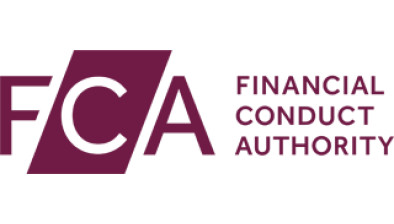Executive bonuses for failed companies could be reclaimed as audit shake-up consultation launches

Kwasi Kwarteng
The Department for Business, Energy & Industrial Strategy (BEIS) has launched a consultation on wide-ranging reforms to modernise the country’s audit and corporate governance regime.
The UK Government’s plans for reform could make to easier to reclaim bonuses paid to the executive of failed companies, in what has been hailed as the biggest shake-up of the UK’s corporate governance rules in decades.
The reforms are intended to break up the dominance of Big Four audit firms and force large businesses to be more transparent about their finances, helping to avoid company failures and safeguard British jobs.
The UK is consistently placed as one of the leading destinations for foreign investment in Europe and around the world, but in recent years, investor and public confidence in how businesses are governed has been undermined by large-scale company failures, such as Carillion, Thomas Cook and BHS, leading to severe job losses and the British taxpayer picking up the bill.
The BEIS said that robust and rigorous scrutiny of large firms provided by auditors, as well as greater transparency and trustworthy information, is essential to ensuring that investors, employees and consumers have an accurate picture of the health of the company – underpinning a thriving, pro-enterprise business environment in the UK.
To unleash competition in the audit market, the government’s proposals would see the creation of a new audit profession overseen by a new regulator, the Audit, Reporting and Governance Authority (Arga), which will aim to drive up quality and standards in the market and increase choice for businesses, while breaking up the dominance of the Big Four firms. Last year, almost a third of FTSE 350 audits inspected were in need of improvement.
Business secretary Kwasi Kwarteng said restoring business confidence “but also people’s confidence in business”, is crucial to repairing the UK’s economy and building back better from the pandemic.
He said: “When big companies go bust, the effects are felt far and wide with job losses and the British taxpayer picking up the tab. It’s clear from large-scale collapses like Thomas Cook, Carillion and BHS that Britain’s audit regime needs to be modernised with a package of sensible, proportionate reforms.”
The UK’s corporate governance rules will be updated to ensure that directors’ contracts include provisions, already in place in banks, to claw back past bonuses and stop future payouts if companies collapse or serious failings are identified.
They would force bigger companies to make annual “resilience statements” detailing risks to the business, including climate risks. Directors would also have to justify dividend payments or big executive bonuses.
UK Ministers want to widen the net of businesses affected to include the largest privately owned companies and bigger companies that currently enjoy lighter disclosure requirements on the alternative investment market.
The Financial Reporting Council (FRC) welcomed the launch of the consultation. It said the measures included in the consultation have “a vital role to play in the UK’s future economic success and in shaping the business agenda.”
Sir Jon Thompson, CEO of the FRC, said the consultation is a “significant milestone towards setting up a new, robust and independent regulator, which has the necessary powers to deliver its objectives, and on the ambitions set out in the three independent reviews.”
He added that the FRC will work with colleagues in government and other regulators to ensure that the UK has an effective and clear regulatory framework, which is well understood by those the watchdog regulates and which supports high standards of audit, corporate reporting and corporate governance.










